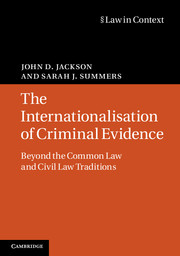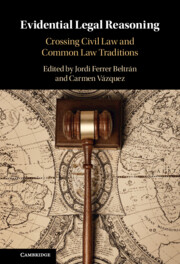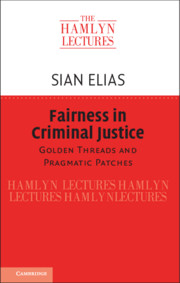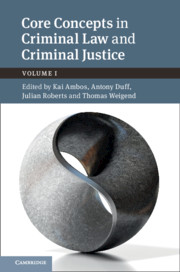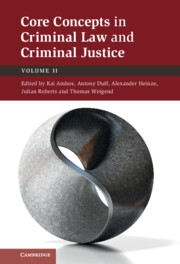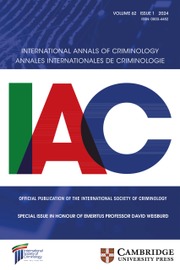The Internationalisation of Criminal Evidence
Although there are many texts on the law of evidence, surprisingly few are devoted specifically to the comparative and international aspects of the subject. The traditional view that the law of evidence belongs within the common law tradition has obscured the reality that a genuinely cosmopolitan law of evidence is being developed in criminal cases across the common law and civil law traditions. By considering the extent to which a coherent body of common evidentiary standards is being developed in both domestic and international jurisprudence, John Jackson and Sarah Summers chart this development with particular reference to the jurisprudence on the right to a fair trial that has emerged from the European Court of Human Rights and to the attempts in the new international criminal tribunals to fashion agreed approaches towards the regulation of evidence.
- Proposes a new conception of the law of criminal evidence across different legal traditions that gives students and practitioners a fresh perspective on the topic
- Systematic analysis of the way in which international bodies and courts such as the European Court of Human Rights and the international criminal tribunals have been developing the law of criminal evidence provides students, practitioners and policymakers with a detailed knowledge and critique of the international jurisprudence on criminal evidence
- Examines the impact of international jurisprudence on the law of criminal evidence in both common law and civil systems, thus shedding light on the development of the law of criminal evidence across the common law/civil law divide
Reviews & endorsements
"The case made by Jackson and Summers for effective rights of defence participation before as well as at trial is compelling. In emphasising the common history and shared present of the civil and common law systems rather than their differences, this work provides a fresh and illuminating perspective from the opposite side of the glass. It is an extraordinarily rich and scholarly endeavour which constructs an ambitious thesis."
Laura Hoyano, Criminal Law Review
Product details
February 2012Paperback
9780521688475
442 pages
247 × 175 × 20 mm
0.88kg
Available
Table of Contents
- 1. Evidence across traditions
- 2. The common law tradition
- 3. The civil law tradition
- 4. Criminal evidence law and the international human rights context
- 5. Evidence in the international criminal tribunals
- 6. Fair trials and the use of improperly obtained evidence
- 7. The presumption of innocence
- 8. Silence and the privilege against self-incrimination
- 9. Defence participation
- 10. Confrontation and cross-examination
- 11. Conclusion: towards a theory of evidentiary defence rights.

